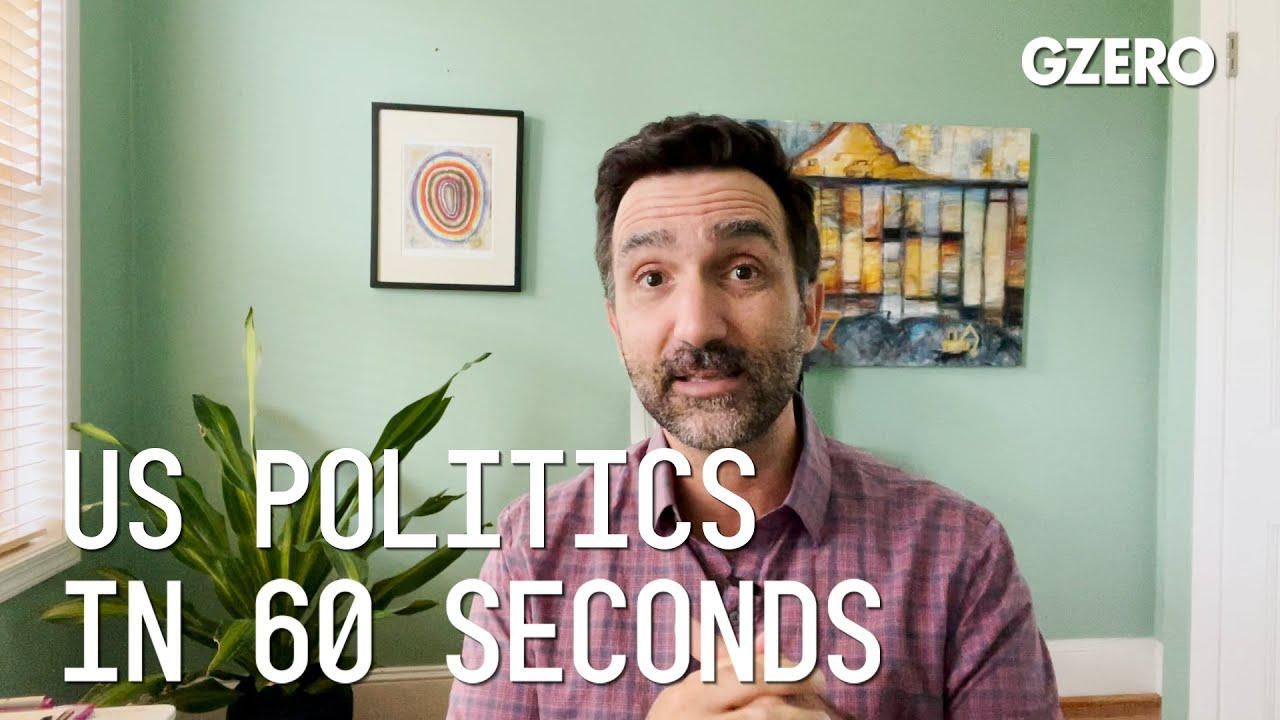
Jon Lieber, head of Eurasia Group's coverage of political and policy developments in Washington, shares insights on US politics:
Is a US government shutdown coming?
Hard to say. Republicans and Democrats generally are in agreement about the need to fund the government. And they generally agree at what level the government should be funded. And they generally agree about the need for supplemental money for Afghanistan and some natural disasters, coming out of hurricanes this season and wildfires. What they're not in agreement about is the federal debt limit, which is the cap on US borrowing that the US hit in early August and needs to be extended by some time in October. Otherwise, the US will have a first-ever default. This would be a very bad outcome with cataclysmic results for the entire world economy.
But Republicans are saying, "Hey, you guys want to spend a bunch of money on $3.5 trillion. We are not going to help you. So you need to find the votes for this on your own." And the Democrats are saying, "This debt belongs to all of us and therefore we all need to vote to increase the debt ceiling." The government shutdown and the debt limits so far are linked. And as long as they remain linked, there will be a government shutdown. The issue has to be resolved by the end of the month. Otherwise, government functions shut down until they get a resolution.
Why is President Biden's economic plan hanging in the balance?
Well, the plan is hanging in the balance because the Democratic Party itself is divided over how much money should be spent by the federal government over the next 10 years. The progressives support spending up to $6 trillion. The conservative members of the party are being a little bit cagier about what they'd be for. Basically, the party's in agreement that they should do some form of expanded social spending, direct subsidies for childcare, for education, for healthcare, and a whole bunch of new physical infrastructure spending. But how much and how to pay for it are really dividing the party. And there's no clear solution right now. Probably they get there by the end of the year. Biden himself has not been super effective in mitigating the differences between the two wings of the party. And you've got a small number of moderate members, including most prominently Kyrsten Sinema from Arizona, and Joe Manchin from West Virginia, who are holding out on the spending parts of the agenda. But there's also a bunch of members in the House who are for tax increases. So this will take some time to work out. Ultimately, they probably rally around $2 or $2.5 trillion in spending, but maybe not until Thanksgiving or Christmas.